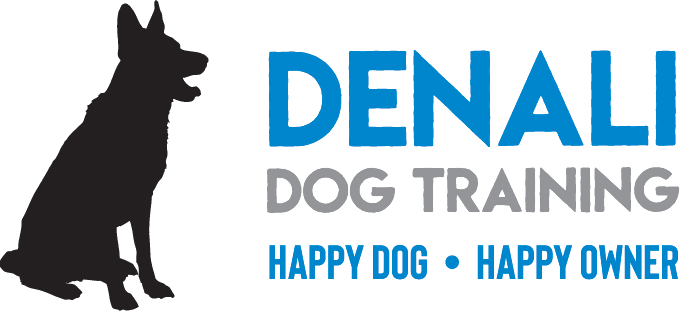Dog Aggression
Dog to dog aggression is a very common problem and generally caused by traumatic experiences where a dog has been attacked or threatened or even played with roughly by another, so now expects other dogs to attack it, or inadequate socialization .Aggression may be hormonal (intact males or females on heat ) or territorial, or may be resource guarding ( see that topic ) but is usually FEAR based. Some dogs are over excited to meet another and their enthusiasm is not welcomed by another dog and leads to a fight . Sometimes dogs are only aggressive on leash, but fine off it, because they feel they cant get away if threatened , so offence is the best form of defense .
The key to resolving dog to dog aggression is not to punish, which will only reinforce the dog ‘s idea that other dogs predict bad things happening and increase the aggression next time, but to change the dog’s expectation of other dogs to a positive one .

We do this by using psychology – classical conditioning and operant learning , or to put it another way -ABC- Antecedent , Behavior , Consequence . Behavior is changed by changing either the antecedent, or how the dog feels about it - (the trigger or cue that starts the behavior ) or the consequence(what the dog gets out of the behavior ).
Dogs learn by association when emotional so the key is to teach your dog when it is calm and to set up training so the dog is able to be calm. There are a number of techniques which enable us to do this very successfully and usually relatively quickly. The majority of my many 5 star reviews are from clients who had this problem .
We are working on changing the dogs ‘s expectation to a positive one so the sight of another dog predicts good things , and we are teaching the dog to disengage from the trigger (dog ) and focus back to us .
Because we have a number of positive techniques to choose from , we can make it easy for the dog to stay calm, feel safe, and be focused on us .
A common question is ‘”What if my dog doesn’t want a reward ?” In that case we choose the technique that gives it what it wants more - distance , or a safe place . Rewards don’t have to be food !
I promise you this problem is easy to solve – if you understand how learning happens and do it the right way.
I can show you the techniques to resolve this in one afternoon , you will see improvement in the consult , and with practice, most clients find the dog is no longer reactive within a few weeks to a few months(depending on how much you can practice ).


